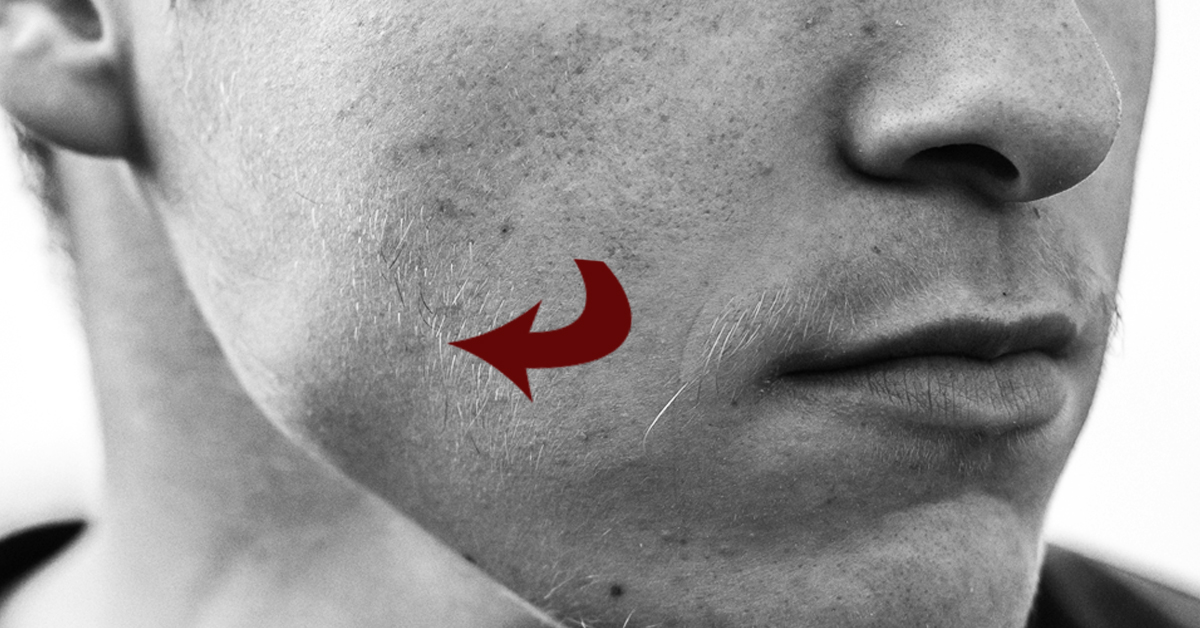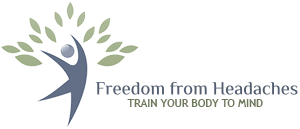
Clenching, Grinding, Bruxing…Fancy Names for a Bad Habit
Can you remember a scene at the movies when the camera goes in for a close-up on the gangster’s face during a tense moment and you see his jaw muscles pulsing and throbbing? That’s the result of clenching or biting down on your teeth. I always think…I bet he has headaches. The habit of clenching is one of the main culprits in triggering headaches. This action of biting down also goes by the name of ‘bruxing’, grinding your teeth’ or TMD problems (Temporo Mandibular Dysfunctions). But though many people do it, most don’t think they have the habit unless someone has heard them grind their teeth at night, they experience jaw pain and/or headaches, or a dentist has pointed out cracked teeth or excessive tooth wear. Unfortunately, one of the most common results of clenching is chronic headaches. Since most headache sufferers don’t realize they clench, the connection between headaches and the clenching habit is not made. In fact, many headache sufferers think their sore jaw muscles were created by the headache when actually it is the other way around.How do we know about this connection between headaches and clenching? Well for several decades in practice as biofeedback therapists, we were referred the most difficult headache patients by our local physicians. And, with our sensitive electronic instruments we measured the level of muscle activity in muscles of the jaw and head down to a millionth of a volt. Our instruments were so sensitive they could detect muscle activity before any movement could be seen (even the gangster’s throbbing jaw muscles). We were able to detect chronic levels of muscle tension in all the headache sufferers who were referred to us, and when they learned how to get rid of this tension their headaches disappeared.
The #1 Culprit for Chronic Headaches
You see, in our practice clenching was by far the number one trigger of tension and migraine headaches. We will say it again. In our practice it is the number one trigger of tension and migraine headaches.
Hard to believe? We saw people facing invasive jaw surgery, people who had been prescribed mouth guards to protect their teeth but kept ‘chewing’ them up, people with chronic headaches who ‘swore’ they didn’t clench. And the treatment for all of them is the same…you must stop the habit of clenching. Sounds simple? It is, but for many it is a major undertaking. Not because it is a hard thing to do…but because habits are for the most part unconscious and for that reason hard to break.
Dentists often prescribe a dental mouth guard but without stopping the habit of clenching, the mouth guard is only partially effective because it only protects the teeth but doesn’t stop the habit. Medications can help with the headache or jaw pain but if the habit is not stopped, the cause of the pain has not been eliminated even after multiple medication trials.
How to Know if You are Clenching?
Since many headache sufferers don’t think they clench, use this definition:
If your upper and lower teeth are touching at any time EXCEPT when you are chewing or swallowing it is enough pressure to create chronic muscle tension and cause headaches.
How do you know what your teeth are doing? You have to pay attention. You check the position of you teeth every chance you get. If you find them touching put some space between your teeth. At first when you start to check, it will be frustrating because you will find your teeth are touching every time you check. Putting space between your teeth will feel strange but eventually, having you teeth touch will feel normal and the clenching will feel abnormal.
How to Deal with Your Clenching Habit
When you take a look, you may find that you only clench during certain times. Like when you are trying to figure something out on the computer, or when you are talking to a difficult relative on the phone, or when you teenager has missed a curfew. This habit of clenching is one of the reasons that medications, mouth guards, massage, and other alternative treatments fail to provide complete relief. Because if the habit of clenching persists, all the good these other modalities offer is countered by the continuing habit. Here are some clues to look for if you don’t think you are clenching and have headaches.
1) You sometimes wake up with sore teeth or jaw muscles
2) Open your mouth, let you chin drop, and it feels more uncomfortable than when your mouth is closed
3) Your jaw joint hurts to open your mouth wide.
4) Your jaw joint hurts when you bit into a large sandwich.
6) You chew gum everyday.
7) You touch your teeth together frequently without actually biting down
Armed with this information see if you can become more aware of those times when you are clenching. It may be enlightening to realize you clench more than you thought and this is the first step to achieving relief. While clenching is not the only habit that creates chronic muscle tension in the head, face and neck it is the most common. And, while not everyone who chews gum or has the habit of clenching has chronic headaches, most chronic headache sufferers do have the habit of clenching.
To learn more about how clenching is indicated in chronic headaches download the free guide, Beyond Relief…Prevention. Questions and comments welcome here!

I’ve recently been reading about tongue placement and noticed when I keep my tongue on the roof of my mouth there is separation of the teeth which has brought relief.
That is great, learning how to keep your teeth separate is an essential first step in unwinding the root cause of chronic headaches. Keep up the good work!
My issue is when I’m asleep. I wake with headaches that only a triptan will relieve. So how do I stop clenching when I’m sleeping? So frustrated with this. Thnx
Yes, this is a very common problem. Everyone in our training has the same complaint, night time clenching is very common and cannot be changed by medication. The good news is that it really is possible to stop clenching at night.
The first thing you need to do to stop clenching (bruxing) at night is to stop clenching during the daytime. Clenching during the day is an unconscious habit that carries over into the night. Basically, the brain has been trained to persist with the clenching behavior that was created during times of stress, either mild or severe. This clenching then becomes a habit and this habit becomes stronger the longer you do it.
So, we can say: “Stop your clenching during the day!” and we do. But it is not quite that simple. Unfortunately with a prolonged habit of clenching changes occur in the muscular system that keeps the effects of clenching locked in place and these changes make you more vulnerable to headaches. We have found that these muscular changes make you more sensitive to all other triggers whether you have migraines, tension headaches, or mixed migraine/tension headaches.
We have a training program that leads you through the process of unwinding these muscular changes, changing the habit patterns that have become imprinted on the motor neurons in the brain, and reducing the impulses stimulating this behavior from the autonomic nervous system.